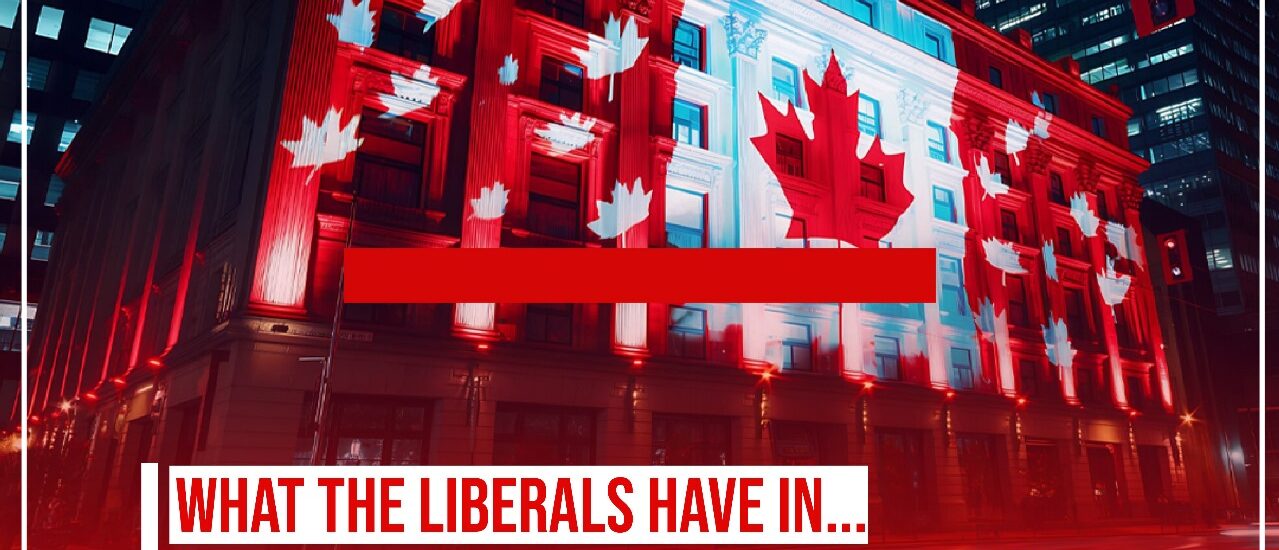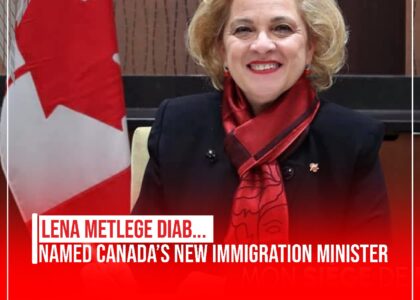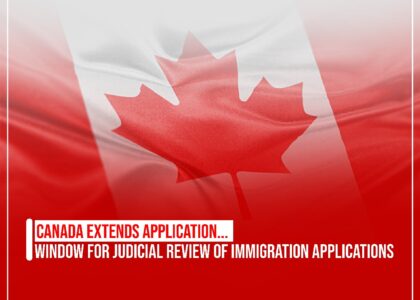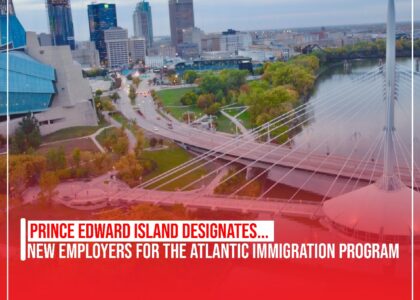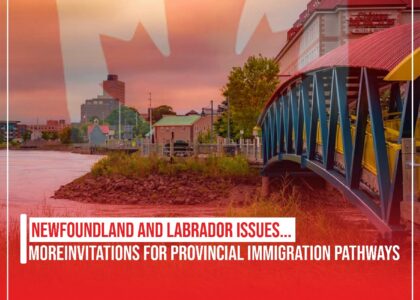The Canada’s Liberal Party has won the 2025 federal election and is set to form a minority government. Led by Mark Carney, who is expected to be appointed as Canada’s next Prime Minister, the Liberals are poised to make significant adjustments to Canada’s immigration policies in the coming years.
While specific legislation is yet to be introduced, a review of the Liberal campaign platform and public statements offers a clear preview of the future direction for Canadian immigration policy. These updates will impact both permanent residency applicants and temporary residents including international students, foreign workers, and refugee claimants.
Permanent Resident Admissions to Be “Stabilized”
One of the most critical shifts under the new government will be to “stabilize” permanent resident admissions. The Liberal platform acknowledged that recent years saw immigration levels rise at an unsustainable pace, creating pressure on housing, healthcare, and social services.
To manage this, the Liberals have promised to cap permanent resident admissions at below 1% of Canada’s population annually beyond 2027. With Canada’s estimated population at 41.5 million in 2025, this aligns with the current Immigration Levels Plan 2025–2027, which targets:
- 395,000 new PRs in 2025
- 380,000 in 2026
- 365,000 in 2027
These figures already fall within the proposed threshold, indicating the Liberals aim to maintain these levels rather than continue the rapid increases seen in previous years.
Reducing Temporary Resident Numbers in Canada
As of January 2025, Canada’s temporary resident population stands at approximately 3.02 million, or 7.25% of the total population. This includes international students, temporary foreign workers, and visitors on extended stays.
The Liberals plan to reduce this figure to less than 5% of the total population by 2027 by implementing stricter immigration caps. This reduction is expected to occur as:
- More temporary residents transition to permanent residency;
- Others exit Canada as their permits expire and are not renewed.
This shift builds upon policies previously introduced by the Liberal government, including:
- Caps on study permit approvals;
- Tighter rules for Post-Graduation Work Permits (PGWPs);
- Restrictions on Spousal Open Work Permits (SOWPs).
Mark Carney stated during his campaign that these caps would remain in place until Canada expands housing availability and stabilizes infrastructure to support immigration.
Boosting Francophone Immigration Outside Quebec
A notable focus of the Liberal immigration agenda is to strengthen Francophone immigration outside Quebec. The Liberals aim to increase the target for French-speaking newcomers to 12% by 2029.
This is an ambitious jump from the current targets set in the Immigration Levels Plan:
- 8.5% in 2025
- 9.5% in 2026
- 10% in 2027
This move is intended to revitalize minority Francophone communities, address regional labor shortages, and preserve French language and culture in provinces outside Quebec.
Economic Immigration and the Global Skills Strategy
Another major area of focus is economic immigration. The Liberal Party has proposed a revamp of Canada’s Global Skills Strategy (GSS) to attract highly skilled international workers.
This federal program currently offers fast-tracked work permits, often within two weeks, for professionals in technology, engineering, healthcare, and other high-demand sectors.
Key elements of the proposed reforms include:
- Helping Canadian businesses attract global talent more efficiently;
- Targeting highly skilled professionals from the U.S. and other competitive markets;
- Supporting startups and high-growth companies with streamlined immigration pathways;
- Working with provinces and territories to accelerate foreign credential recognition and international work experience equivalency.
For skilled workers seeking a Canada Express Entry visa, these changes could translate into faster processing, easier job matching, and increased PR opportunities.
Also Read: Portugal Fast-Track Work Visa 2025: Your Complete Guide to Residency by Employment
Enhanced Immigration Services and Fraud Prevention
To modernize immigration systems and reduce delays, the Liberals propose using advanced digital tools to:
- Shorten processing times
- Eliminate application backlogs
- Improve overall client service in Canada’s immigration system
In addition, the Liberal platform includes commitments to:
- Provide legal aid to asylum seekers and refugees to support fair hearings;
- Enforce stricter border security measures;
- Tighten visa requirements and enhance scrutiny to combat immigration fraud;
- Continue working collaboratively with Quebec to respect its unique role in immigration policymaking.
While not radically different from existing policies, these measures underscore a broader effort to enhance system integrity and protect vulnerable immigrants.
What This Means for Newcomers and Immigration Applicants
If you’re planning to immigrate to Canada in 2025 or beyond, here’s what you need to consider under the new Liberal government:
✅ Permanent Residents: Expect stable PR quotas and more predictability in intake levels. The focus will be on applicants with strong economic profiles, including skilled workers and Francophone candidates.
✅ Temporary Residents: Stricter regulations are coming, particularly for international students, temporary foreign workers, and spouses on open work permits. Be prepared for tighter eligibility and fewer open permits.
✅ Francophone Applicants: If you’re a French-speaking professional, you may benefit from targeted programs and higher selection priority outside Quebec.
✅ Business Owners and Employers: The revamped Global Skills Strategy will offer faster ways to hire international talent. Immigration-linked recruitment will become more streamlined, especially in technology and healthcare sectors.
Plan Ahead with Mansory Immigration Consultants
As Canada’s immigration landscape evolves in 2025, it’s more important than ever to have trusted guidance. At Mansory Immigration Consultants, we help skilled workers, students, and employers navigate changing immigration policies with confidence.
Whether you’re applying for permanent residence, managing a work permit renewal, or looking to bring talent into Canada, our certified immigration consultants are here to support you every step of the way.
📞 Book your free consultation now to learn how the 2025 immigration policy changes could impact your application—and how we can help you succeed.

